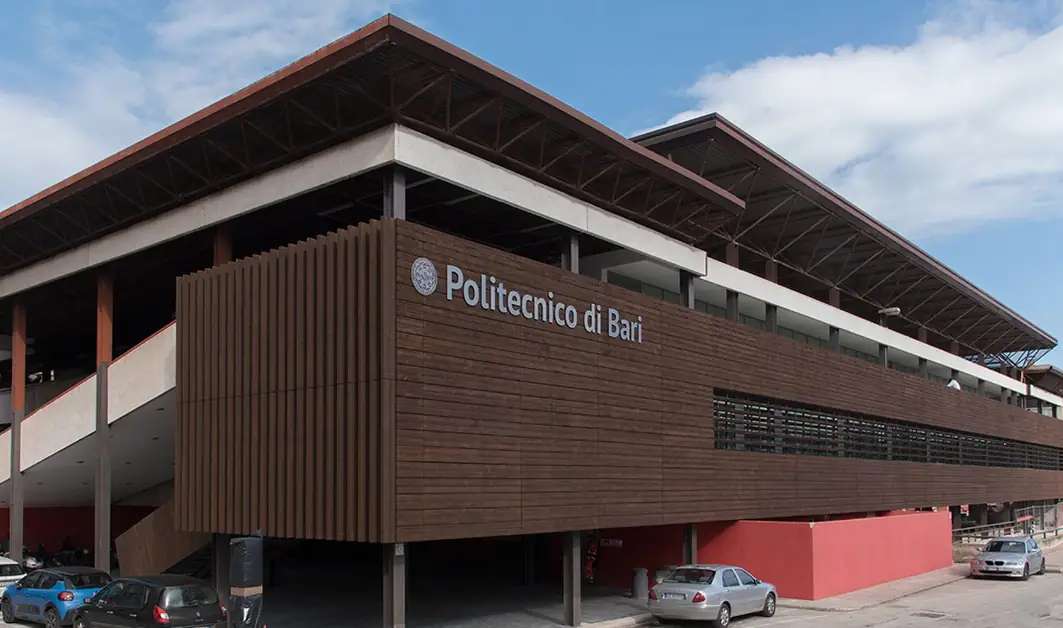University of Bari: Recognized Excellence
The University of Bari stands out in rankings thanks to a new algorithm that makes classifications fairer, rewarding true academic excellence.

University rankings are increasingly used tools for assessing the prestige and quality of universities. However, these rankings often do not tell the whole truth. Many rankings are based on general parameters that do not consider territorial and disciplinary differences. This leads to a distorted view of the actual capabilities of universities. A group of researchers from the University of Bari, led by Rector Roberto Bellotti and Professor Loredana Bellantuono, has developed an innovative algorithm to make rankings fairer. The study, conducted by the Applied Physics team, analyzed data from about 1200 universities and 54 disciplines.
One of the main problems with current rankings is that they tend to favor universities located in more developed areas. Socio-economic conditions significantly influence university performance, creating a drag effect that benefits some institutions at the expense of others. This phenomenon is akin to a sports race where participants start from different positions, making rankings less objective and useful. According to Bellantuono, it is essential to have an evaluation system that considers the specifics of each discipline and territorial conditions.
The research team spent five years, from 2020 to 2023, developing a system that separates the real performance of universities from context-related effects. Thanks to this approach, it emerged that some disciplines, such as Medicine, Economics, Law, and Linguistics, are more influenced by territory than others, such as STEM subjects (Science, Technology, Engineering, and Mathematics), which are more neutral.
With this new algorithm, the University of Bari has positioned itself among the best in Italy for STEM courses. The performance of students and graduates in these areas is above the national average, even compared to universities located in more favorable socio-economic contexts. This result demonstrates that the Bari university has been able to provide excellent training, despite the challenges related to its territory.
The work of Bellotti's team does not aim to eliminate existing rankings but to make them fairer and more informative. The goal is to provide students, families, and institutions with tools to make more informed choices based on data that reflect reality more comprehensively. Thanks to this algorithm, it is possible to distinguish academic merit from the effects of territory, allowing southern Italian universities to receive the recognition they deserve for their results.
Thus, Bari is not only a growing university city but also an attractive destination for tourists. Strolling through the historic center of Bari Vecchia, among alleys, Romanesque churches, and the scent of focaccia, one can feel the energy of the students who animate the city. The university is an integral part of the urban fabric, with a historic campus overlooking lively squares, cultural cafes, and open-air markets. Visiting Bari today means discovering not only a seaside destination but also a hub of innovation and knowledge.
The University of Bari has shown that it is possible to emerge and achieve excellent results even in a challenging context. The new algorithm developed by the Applied Physics group represents an important step towards fairer and more reliable university rankings, contributing to improving the Italian educational system and making a visit to the vibrant capital of Puglia even more interesting.




